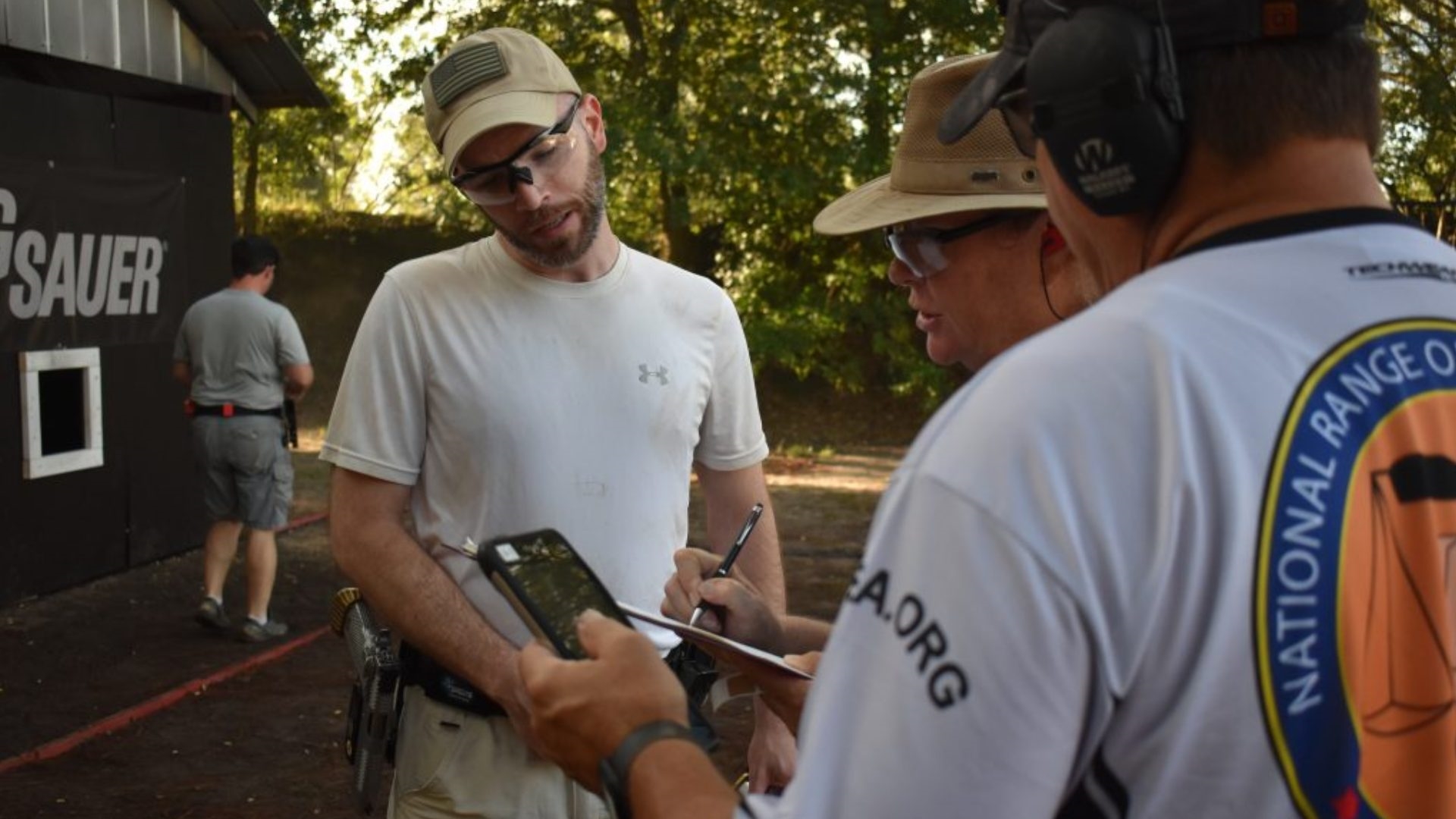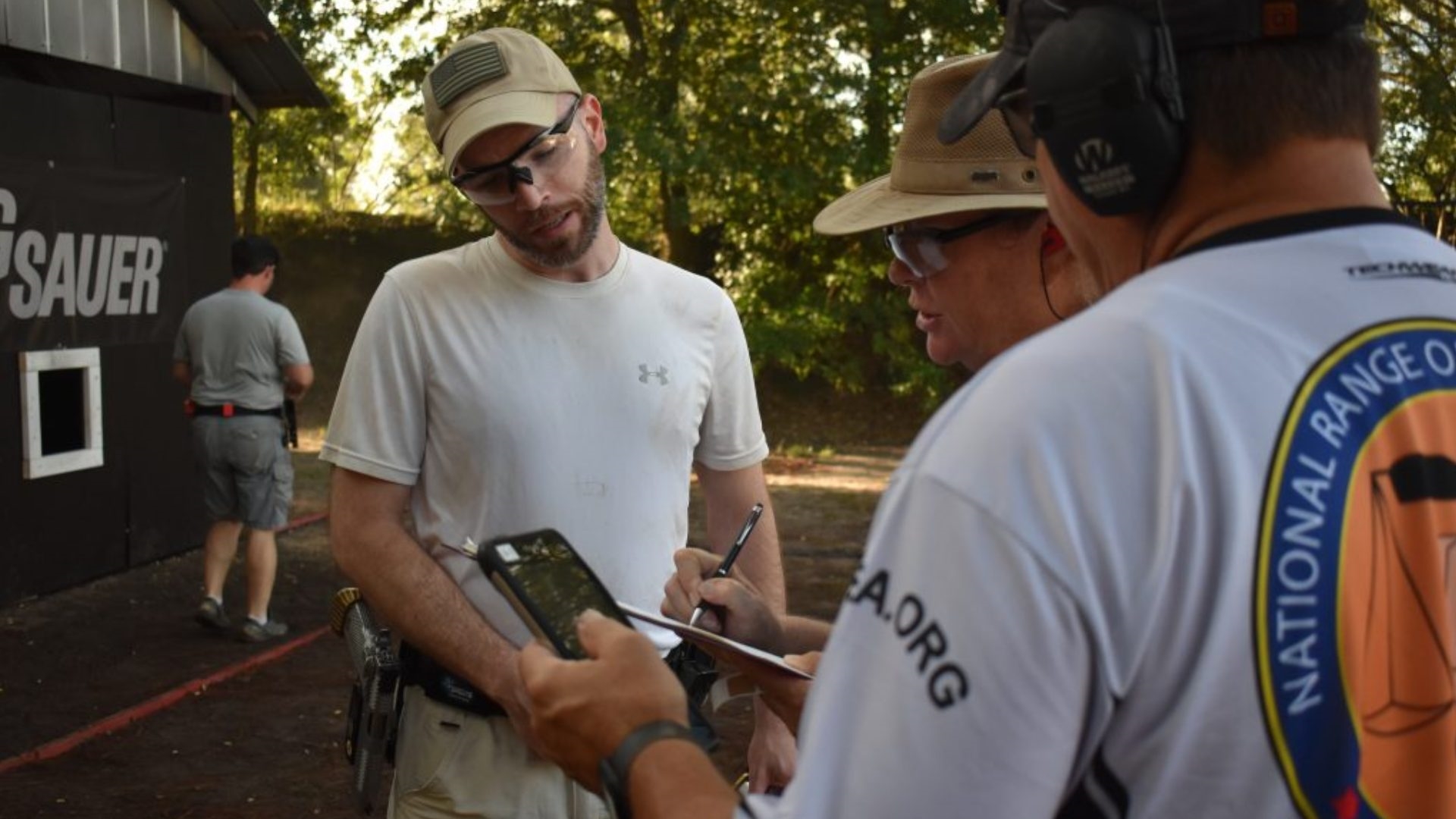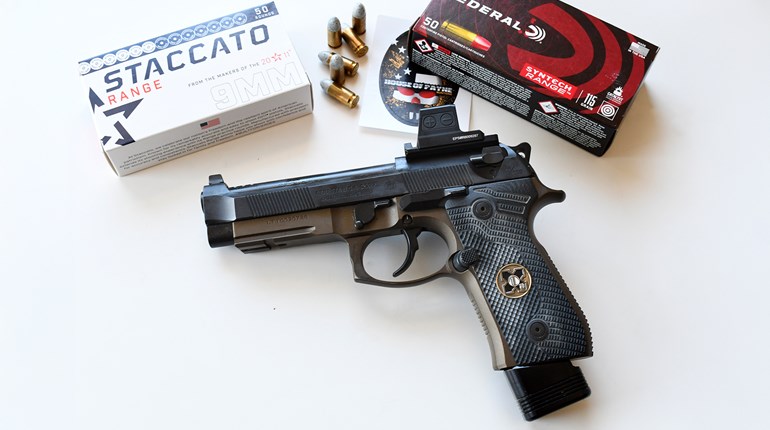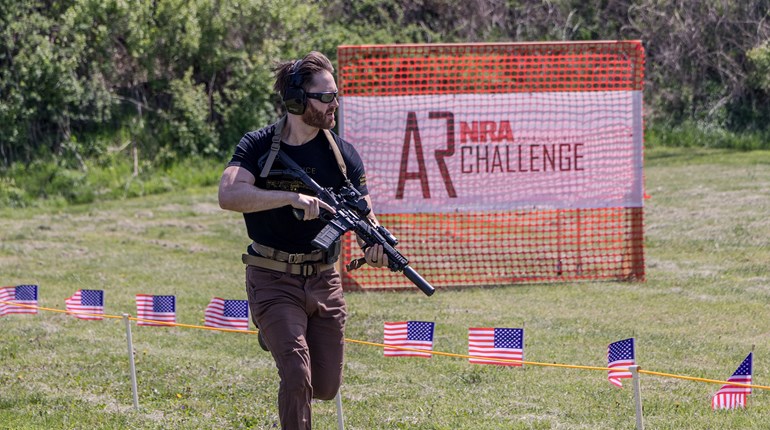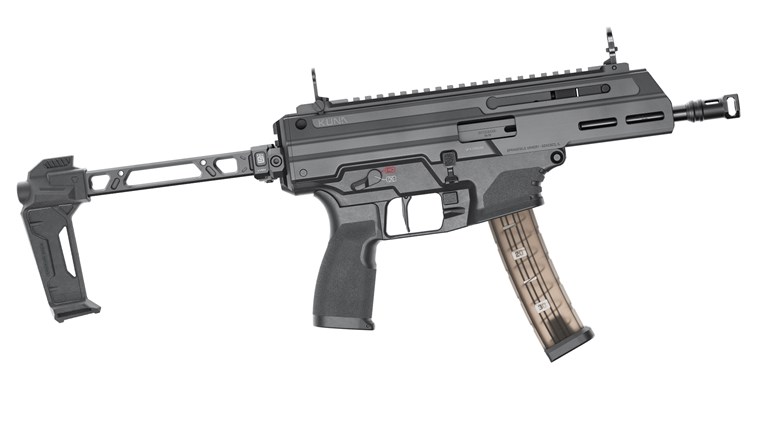
The below is an excerpt from the 1978 book, Olympic Shooting, written by Col. Jim Crossman and published by the NRA. Read Part 1.
1936—Berlin: Amateurs Once Again (Part 2)
By Colonel Jim Crossman
When the pistol shooters got on the ship in New York, they had no worries. The United States Revolver Association had raised the full amount necessary, in no small measure due to the efforts of Karl Frederick, who devoted a full week to raising the final money needed and to making other preparations for the team. Frederick was one of those men the shooting game has been fortunate in attracting to its ranks In addition to being a vice president of the United States Revolver Association, he was at the same time the president of the National Rifle Association, while running a law business in New York City and leading the fight against restrictive gun legislation throughout the country.
An example of the problems he ran into, trying to get this team off: out of a clear sky, the New York police descended on Bill Riedell's home in Brooklyn and confiscated his pistols. He had the necessary permits for them, he had just made the U.S. International team and the guns were strictly target pistols. The precinct chief had apparently decided that there were too many guns and gun owners and he was going to straighten that out. With Frederick's help, Riedell finally sailed with the necessary pistols.
It was hard to get the word to everybody. In 1920 Billingsley had come to New York all the way from the Canal Zone to try out for the team—only to find that the tryouts had been moved up a few days and were practically over.
It was with some distress in 1936 that the team selection committee saw Sheriff Ralph Marshall of Lima, Ohio, drive up to the range at 4:00 p.m. on the afternoon of the final 1936 tryouts. The word had not gotten to Marshall until late the afternoon before, and he drove nearly 24 hours straight to get to New York from Ohio. Hopeless as the cause seemed, the committee decided to let him shoot for the slow-fire squad. Hastily shooting twice over the course—120 shots—he easily shot his way onto the team. Not content, in the fading hours of daylight he tried for the rapid-fire team and got down to the 3-second stage before missing, but Fisher, Hudnutt and Doob had already gone clean on that stage.
The final team was composed of these fine shooters:
1936 Pistol Team
- Elliott Jones, Greenwich, Conn.
- William F. Riedell, Brooklyn, N.Y.
- Sheriff Ralph S. Marshall, Lima, Ohio
- C. Ingals Fisher, Lyons Falls, Mass.
- Morris A. Doob, New York City
- Maj. Dean Hudnutt, U.S. Army (Team Captain)
After some three days at sea, the team managed to set up an improvised range on the ship. The slow-fire shooters could use it for a half-hour each day; the rapid-fire group for an equal period and the pentathlon athletes had it for an hour. This gave the squad some practice. Still they felt the need for shooting under the weather, light and range conditions of the Olympic range.
Read Part 3 of our look back at the Berlin 1936 Olympics. Be sure to subscribe to the free Insider newsletter for the latest updates.

Photo: Although no media for the shooting events are available, other sports at the 1936 Games were the first to be broadcast on television. Twenty-five television viewing rooms were set up in the Greater Berlin area, allowing the locals to follow the Games free of charge. (Photo courtesy of IOC/Olympic.org)
Read more: Remington Ammunition Returns: Revitalized Operations at Arkansas Plant











